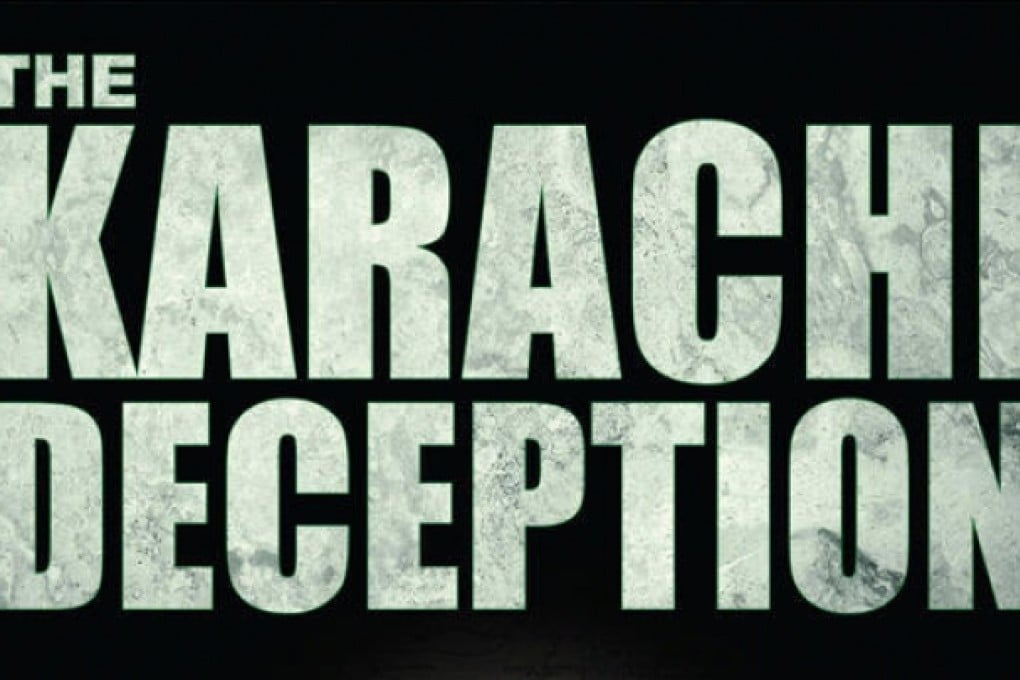
From the cricket fields to international political summits, anything involving India and Pakistan raises eyebrows, questions and excitement levels in both countries. Shatrujeet Nath's recent bestseller, The Karachi Deception , is the gripping story of machinations at the highest level of the rival nations' intelligence agencies. Nath, a former editor at The Economic Times, grew up nursing ambitions of becoming an Indian army commando. He has lived that dream through his debut book sprinkled with spies, gangsters and terrorists. Full of unexpected twists and turns, the novel prompted a commentator to call it "a rare work of fiction that could actually be the truth". Nath talks to .
I think the change is refreshing and much needed. I had stopped drawing joy from journalism, and I could see I wasn't giving enough back to the profession. I wanted to write fiction, so the move from journalism was inevitable. I am much happier today than I was four years ago, with one book in bookstores and a second in my hard disk. There's another change at a very different level, of course. Now when I write, I don't have to keep checking after every third sentence to see if I've overshot the word limit. That is true liberation.